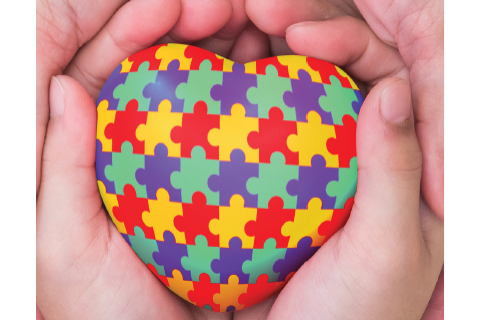April is World Autism Month

Join us as we raise awareness to promote understanding and acceptance of those with Autism. We seek to celebrate neurodiversity and individual difference. We aim to advance inclusivity and connectedness throughout our communities. It is also an important time to renew our commitment to honor the unique lived experiences of people with Autism. Working together, we can support young families and youth with Autism as they transition into adulthood. We can help each child reach their full potential.
As we celebrate and reflect on the milestones of each person, we must also recognize that Autism is not limited to sex, age, race or ethnicity. However, research from the CDC does show that boys are diagnosed with Autism four times more often than girls. According to the DSM-5-TR, the diagnostic manual for autism spectrum disorders. Autism may look different in girls and boys. Girls may have more subtle presentation of symptoms, fewer social and communication challenges, and fewer repetitive behaviors. Their symptoms may go unrecognized by doctors, leading to underdiagnosis or misdiagnosis. Getting a diagnosis is also harder for adults with Autism, who often learn to “mask”, or hide, their symptoms.
Autism is a lifelong condition, and a person’s needs, strengths and challenges may change over time. As they transition through life stages, they may need different types of support and accommodations. Early intervention and therapies can make a big difference in a person’s skills and outcomes later in life.
For more information, click on the pictures below.



